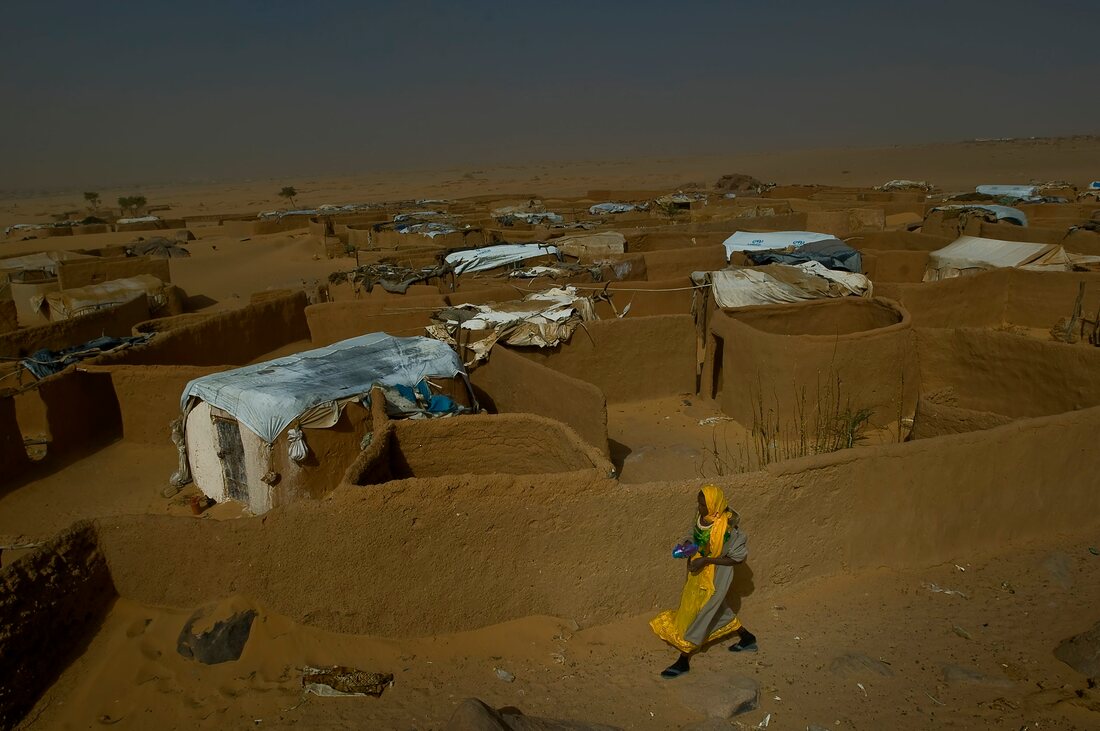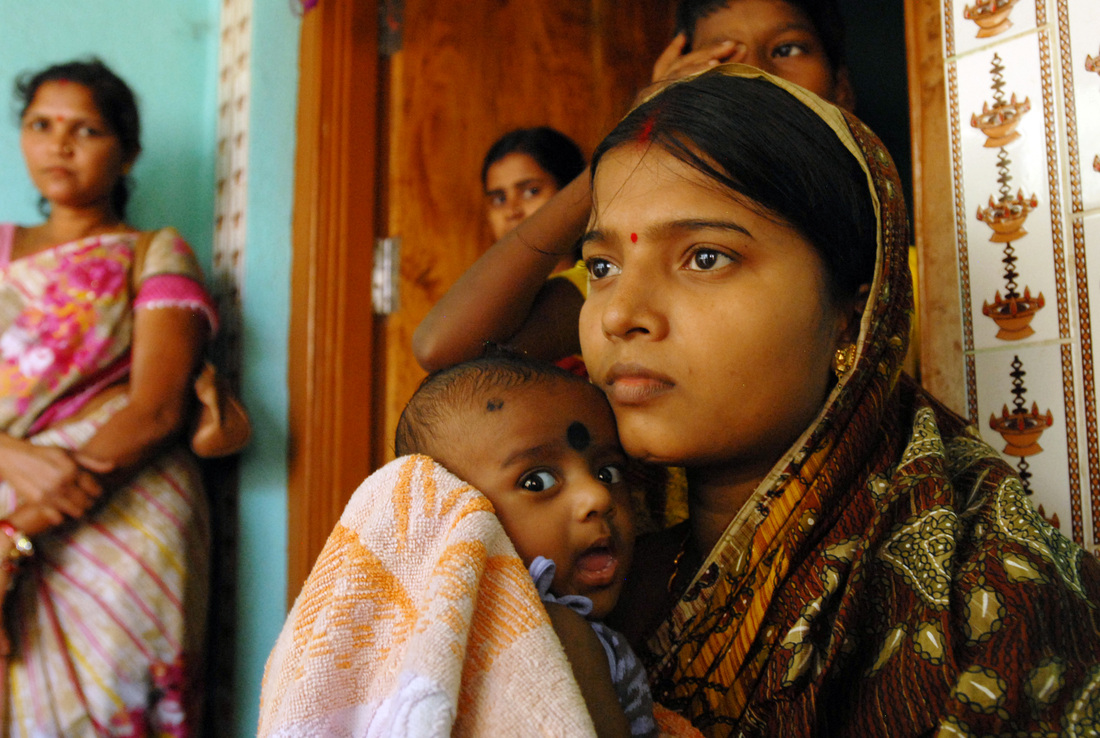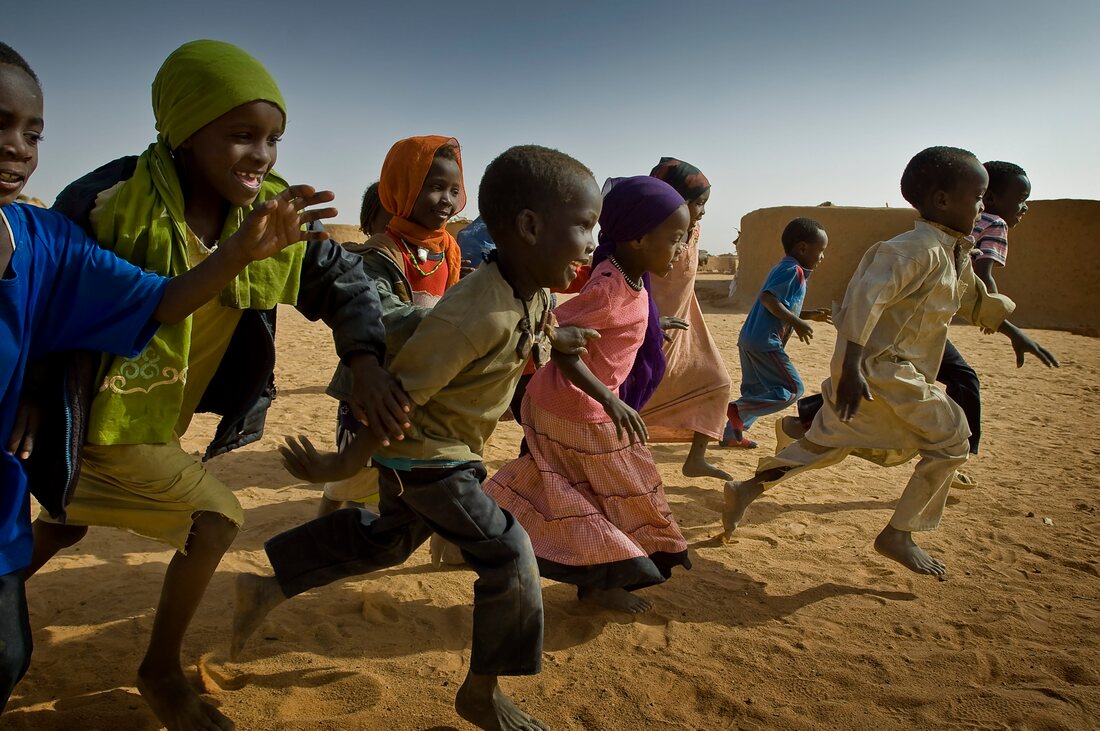Global Forums
The United Institutions Global Forums will serve as a permanent year-round platform for cross-sectoral cooperation, integration and collective action, that will enable the full range of constituencies within the international community to focus attention together in a comprehensive, accredited and internationally recognized forum, akin to the environment the United Nations provides its member states. It will support and enable the realization of systemic and sustained international engagement and cooperation between institutions across the public, civil and private sectors, at the global level.
The platform will provide the institutions with an enabling environment; a unifying collaborative framework, institutionalized cooperation, inclusive engagement, coordination with intergovernmental and national institutions, dedicated facilities, secretariat support services, and capacity to address issues with shared commitment, coherence and continuity.
The Global Forums will be anchored in a programme of work and agenda managed by the platform's member institutions, with logistical support provided by the UI Secretariat. The forums will cover the full range of issues on the global agenda across the fields of sustainable development, international peace and security, humanitarian assistance and human rights including, inter alia, poverty, hunger, water, gender equality, education, humanitarian crises, armed conflicts, peacebuilding, mediation, conflict prevention, disarmament, climate change, deforestation, biodiversity, renewable energy, disaster risk reduction, rule of law, governance, civic engagement, policy coherence, financing for development and partnerships.
The platform will provide the institutions with an enabling environment; a unifying collaborative framework, institutionalized cooperation, inclusive engagement, coordination with intergovernmental and national institutions, dedicated facilities, secretariat support services, and capacity to address issues with shared commitment, coherence and continuity.
The Global Forums will be anchored in a programme of work and agenda managed by the platform's member institutions, with logistical support provided by the UI Secretariat. The forums will cover the full range of issues on the global agenda across the fields of sustainable development, international peace and security, humanitarian assistance and human rights including, inter alia, poverty, hunger, water, gender equality, education, humanitarian crises, armed conflicts, peacebuilding, mediation, conflict prevention, disarmament, climate change, deforestation, biodiversity, renewable energy, disaster risk reduction, rule of law, governance, civic engagement, policy coherence, financing for development and partnerships.
The forums will place particular emphasis on the realization of whole-of-society engagement and integrated approaches across sustainable development, climate, peace and security, human rights and humanitarian assistance, involving all relevant constituencies.
The platform will further include dedicated forums and built in processes to support and enable the constituencies to work together on strengthening cross-sectoral cooperation, coordination and collective action; harmonize global, regional, national and local level activities; break sectoral and institutional silos; link sectors, mechanisms and processes together across policy areas and geographies; realize and sustain networked, inclusive and effective multilateralism; build strategic relations and trust among sectors and institutions; strengthen civic engagement, inclusion and participation, address systemic governance challenges; and transform engagement and cooperation between UN member states, civil society and the private sector.
The platform will be supported by an integrated coordination framework that will help ensure that the programme of work, processes and activities are coordinated and aligned with the policy cycles and processes of intergovernmental organizations and other governance arrangements at the international, regional and national levels.
The global forums will be hosted at the United Institutions world forum and secretariat in New York, and will also be accessible through online collaboration, video conferencing and the UI knowledge network, making the forums a global effort to advance international cooperation and coordination.
The platform will further include dedicated forums and built in processes to support and enable the constituencies to work together on strengthening cross-sectoral cooperation, coordination and collective action; harmonize global, regional, national and local level activities; break sectoral and institutional silos; link sectors, mechanisms and processes together across policy areas and geographies; realize and sustain networked, inclusive and effective multilateralism; build strategic relations and trust among sectors and institutions; strengthen civic engagement, inclusion and participation, address systemic governance challenges; and transform engagement and cooperation between UN member states, civil society and the private sector.
The platform will be supported by an integrated coordination framework that will help ensure that the programme of work, processes and activities are coordinated and aligned with the policy cycles and processes of intergovernmental organizations and other governance arrangements at the international, regional and national levels.
The global forums will be hosted at the United Institutions world forum and secretariat in New York, and will also be accessible through online collaboration, video conferencing and the UI knowledge network, making the forums a global effort to advance international cooperation and coordination.
Thematic Areas
|
International Peace and Security
Sustainable Development International Development Human Rights Humanitarian Aid Poverty Eradication Hunger Alleviation Famine Relief Refugee Relief Disaster Relief Disaster Risk Reduction Global Health Nutrition Water Sanitation Food Security Energy Security Renewable Energy Economic Development Education Academia Gender Equality Women Children Youth Empowerment Trade Debt Democracy Building Electoral Assistance Rule of Law Civil Rights Persons with Disabilities Indigeneos Peoples Aging Migration Disarmament Non-Proliferation Arms Trade Reduction Conflict Prevention Reconciliation Peace Building Peace Keeping Fragile States Genocide Slavery Trafficking Tolerance Extremism Counter Terrorism Inter Faith Dialogue Technology |
Climate Change
Pollution Global Warming Deforestation Ocean Depletion Desertification Ecosystem Protection Biodiversity Global Partnership for Development Governance Policy Coherence Science Science Policy Interface National Development Plans Development Cooperation Coordination Multi-Stakeholder Partnerships Cross Sectoral Integration Development Financing Data Systemic Change Multilateralism Capacity Building Advocacy Communications Partnership Building Civic Space Civic Engagement Workers and Trade Unions Participation Inclusion Networking Harmonization Monitoring Sustainability Continuity Coherency Innovation Ethics Transparency Accountability United Nations System Regional Organizations Nation States Civil Society Local governments Marginalized Communities Private Sector Corporate Responsibility Public Engagement Volunteers Artificial Intelligence |
For further information on the global forums please see the UI Global Strategic Framework.
Learn more about the UI
Learn more about the UI




